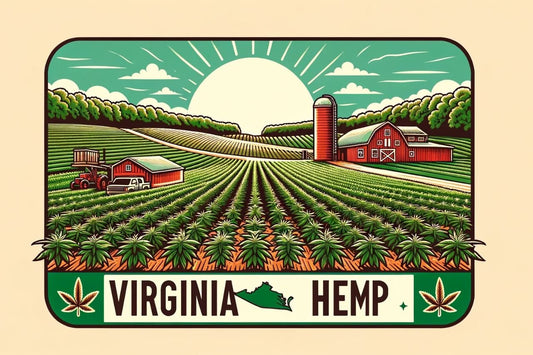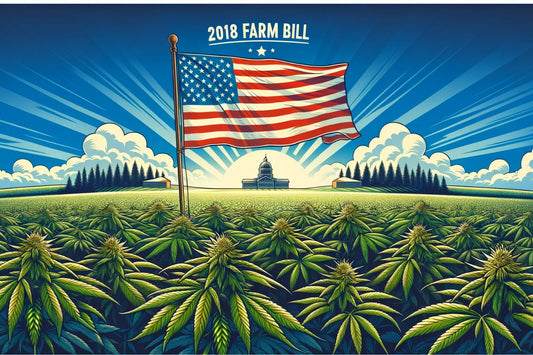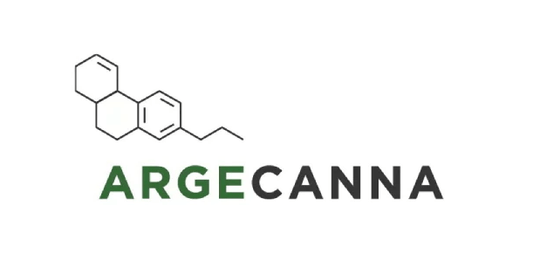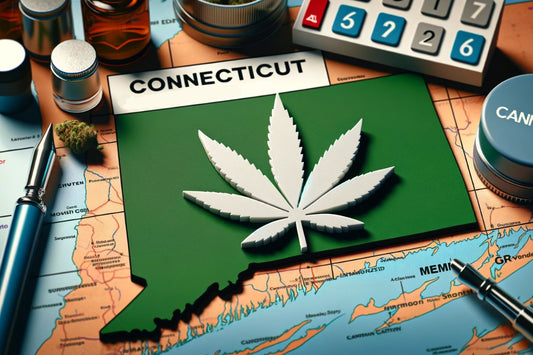CBD and the EU Novel Food catalogue: A deep dive
Cannabidiol, commonly known as CBD, has gained significant attention in recent years due to its potential therapeutic benefits. However, its status as a novel food in the European Union has raised questions and concerns among consumers, manufacturers, and regulators alike.
The stance of the European food safety authority on CBD
The European Food Safety Authority (EFSA) has recently put on hold the evaluations of CBD as a novel food. The primary reason for this decision is the data gaps and uncertainties related to potential hazards associated with CBD intake. Despite the increasing popularity of CBD-infused products, the safety of CBD as a novel food remains a topic of debate and research.
What qualifies as a Novel Food?
CBD can be derived from Cannabis sativa L. plants or can be chemically synthesised. The European Commission has determined that CBD qualifies as a novel food, provided it aligns with the conditions set out in EU legislation on novel foods. The Commission sought the opinion of EFSA on the safety of CBD consumption for humans, given the influx of applications for CBD under the novel food regulation.
Data gaps and concerns
EFSA's expert Panel on Nutrition, Novel Foods, and Food Allergens (NDA) has received 19 applications for CBD as a novel food, with more expected. The Chair of the NDA Panel, Prof. Dominique Turck, highlighted several hazards related to CBD intake. The panel identified significant data gaps on these health effects, emphasising that they have not concluded that CBD is unsafe as food.
There is a lack of sufficient data on the impact of CBD on various systems in the body, including the liver, gastrointestinal tract, endocrine system, and nervous system.
Animal studies have shown adverse effects, especially concerning reproduction. It remains crucial to determine if these effects are also observed in humans. This concern is further elaborated in a recent study.
Support for applicants and future directions
Ana Afonso, Head of Nutrition and Food Innovation at EFSA, stated that pausing a novel food assessment is not uncommon when there is missing information. The responsibility lies with the applicants to address these data gaps. EFSA is actively engaging with them to guide on how additional information can be provided to address the uncertainties.










